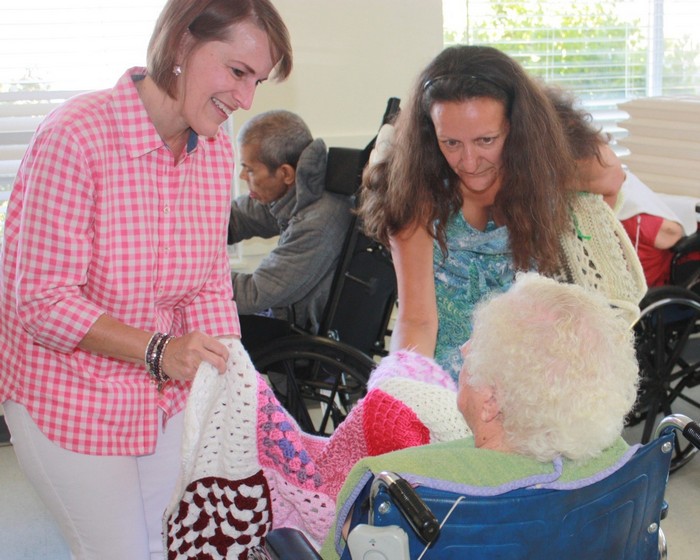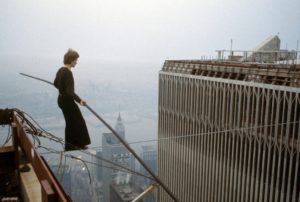by Greg Dill
Greg Dill is Medicare’s regional administrator for Arizona, California, Hawaii, Nevada, and the Pacific Territories.
At a recent meeting of my staff, the topic of diabetes came up.
When we went around the table, it turned out that 25 percent of them have problems with blood sugar. That figure exactly matches the percentage of Americans 65 years old and older who have diabetes or a condition called pre-diabetes.
I’m shocked that such a large number of Americans are affected by this disease, because it’s a nasty one. If left uncontrolled, diabetes can lead to some really bad outcomes, including kidney problems, glaucoma and other eye disorders, foot ulcers, amputation of feet or legs, stroke, diabetic coma, and even death.
The good news is that people with diabetes can avoid many of these negative outcomes if their disease is diagnosed, treated, and controlled. At Medicare, we’re committed to preventing diabetes as much as possible and treating those who are diagnosed with it.
If your doctor thinks you’re at risk for diabetes, Medicare covers screening tests for it. And if you develop the disease, Medicare covers a wide variety of medications, home testing equipment, supplies and self-management training to help you cope with it.
Screening tests are used to detect diabetes early. Conditions that may put you at risk for diabetes include:
• High blood pressure
• Obesity (with certain conditions)
• Impaired glucose (blood sugar) tolerance
• High fasting glucose
• A history of abnormal cholesterol and triglycleride levels (Dyslipidermia)
Medicare will pay for two diabetes screening tests in a 12-month period. After the initial screening, your doctor will determine when to do the second test.
You and your doctor can discuss diabetes and any other health concerns you have during a “Welcome to Medicare” visit. Medicare covers this one-time review of your health, including counseling on any screenings, shots, or other care you may need. (You must have this visit within the first 12 months you’re enrolled in Medicare Part B.)
In addition, Medicare covers an annual wellness visit with your doctor, during which you can develop or update a personalized prevention plan based on your current health and risk factors.
If you do develop diabetes, Medicare pays for self-management training to help you learn how to successfully manage the disease. Your doctor must prescribe this training for Medicare to cover it.
The training covers topics including the risks of poor blood-sugar control; nutrition and how to manage your diet; options to improve blood-sugar control; exercise and why it’s important to your health; and how to take your medications properly.
Medicare also covers medical nutrition therapy services to help you learn which foods to eat and how to follow an individualized diabetic meal plan.
Generally, Medicare Part B (medical insurance) covers services and supplies needed by people who have or are at risk for diabetes. Medicare Part D (the prescription drug program) helps pay for supplies for injecting or inhaling insulin.


